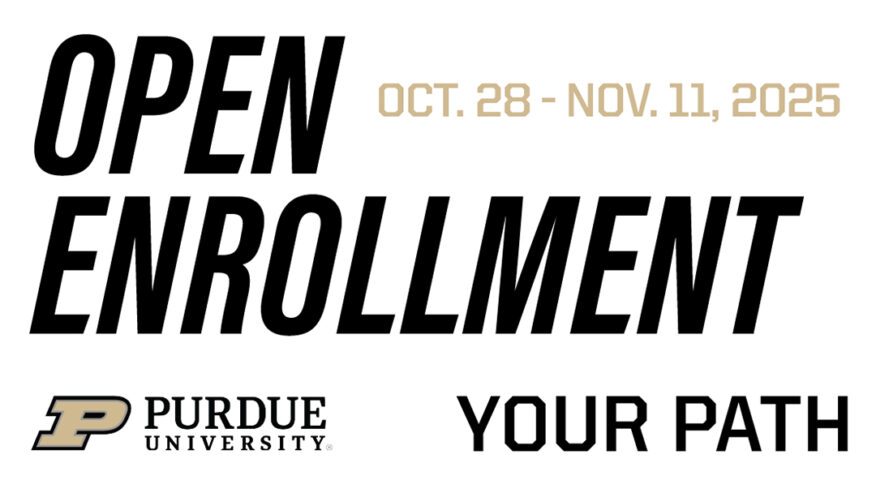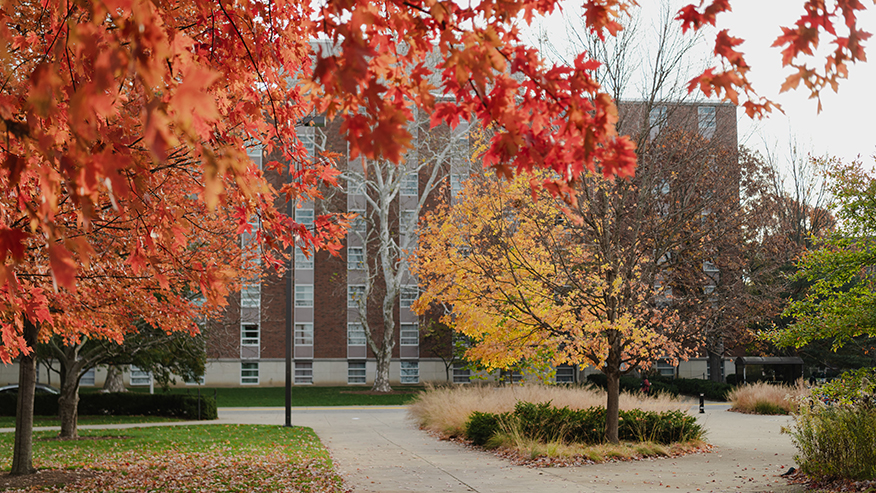Purdue issues spring 2024 guidance on AI use in teaching and learning; register for Jan. 11 TLCoP town hall discussion

As part of Purdue’s commitment to being at the forefront of translating research to practice and extending the frontiers of excellence in teaching and learning, the university’s Office of the Vice Provost for Teaching and Learning has finalized guidance on spring 2024 AI use in Purdue courses and learning environments. The guidance is based on input from students, faculty, University Senate committees and campus-wide comments, and, given the rapidly changing landscape of AI, updates will be issued regularly.
The guidelines for instructors can be viewed on the Office of the Vice Provost for Teaching and Learning webpage. It includes information on academic integrity, syllabus statements, AI detection tools and instructor responsibilities regarding grading, as well as copyright, the Family Educational Rights and Privacy Act and privacy considerations.
The guidance represents evidence-based practices that align with Purdue’s values and policies and was created with the goal of supporting the AI approaches and practices of instructors and how they communicate expectations to students.
This guidance is expected to evolve each semester as technology and innovations continue to advance and course instructors continue providing feedback on their use and exploration of AI in the classroom. Equivalent guidance will be developed specifically for students. Additionally, Vice Provost Jenna Rickus and the University Senate will work in collaboration to assess possible future updates to the academic regulations that may codify AI considerations into university policy.
With input from University Senate leadership, the Ad Hoc Committee on AI, the Center for Instructional Excellence and the Innovation Hub since summer, the Office of the Vice Provost for Teaching and Learning developed draft guidance on AI use in teaching and learning in December 2023. Feedback was sought via a Qualtrics survey to help determine the final guidance for spring 2024, which was published Jan. 2.
These university entities have also collaborated to fund an AI Innovation Fellow, Lindsay Hamm, at the Innovation Hub to help expand the transdisciplinary network of faculty and staff who are engaged with the innovative integration of AI tools into their teaching. The Innovation Hub also funded a series of AI in teaching and learning grants to provide faculty and staff the opportunity to rapidly deploy experiments for teaching and learning in an AI-rich environment and better understand dimensions of how AI might shape the future of education.
To solicit additional feedback, explore the new guidance and further discuss the future direction of AI in teaching and learning, Purdue’s Teaching & Learning Community of Practice will hold a virtual town hall via Zoom on Thursday, Jan. 11, from 3:30-4:30 p.m. This session, titled Session 1: Explore New Guidance on AI in Purdue Courses and Learning Environments, is part of the TLCoP’s spring 2024 series on integrating AI into courses to promote student learning. Faculty, staff and students are invited to register for the session to hear from the campus entities that helped draft the guidance. Those in attendance will include Rickus, Hamm and others. Reading the guidance prior to the session is encouraged to enhance discussions and promote questions and ideas.
The Teaching & Learning Community of Practice holds three to four sessions per semester. The last two semesters have been dedicated to AI, and recordings of these sessions can be viewed on the TLCoP website.
In addition to this guidance, the Innovative Learning Team has compiled resources and suggestions for instructors seeking to explore generative AI in their teaching practice. Instructors of Purdue courses are encouraged to explore these resources at the Teaching@Purdue website, participate in TLCoP events this spring or reach out to the Innovative Learning Team at innovativelearningteam@purdue.edu.
Source: Jenna Rickus


